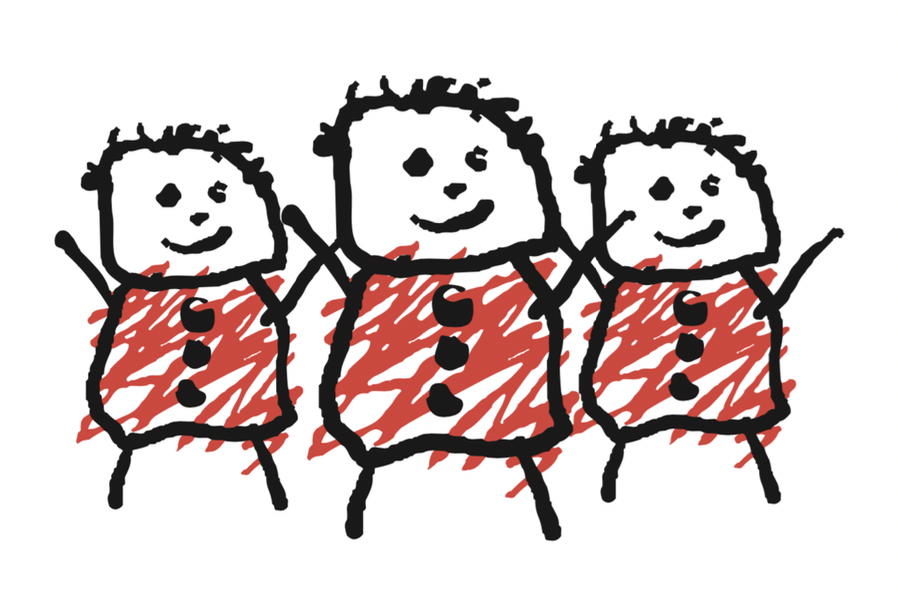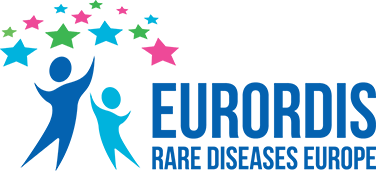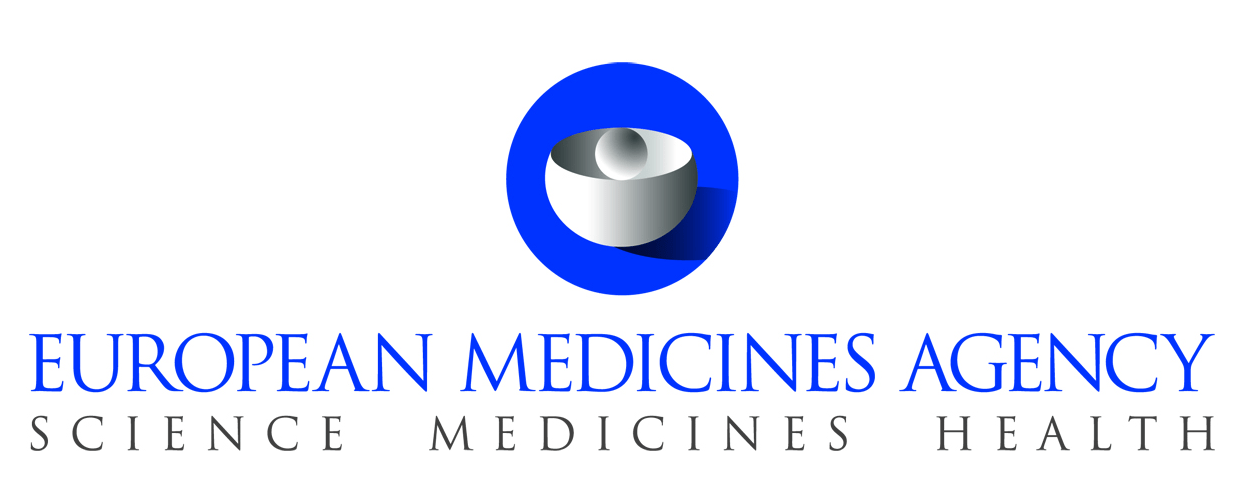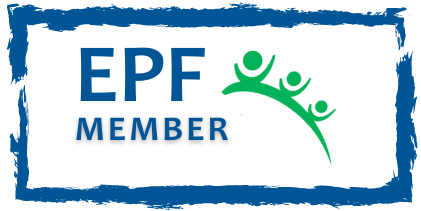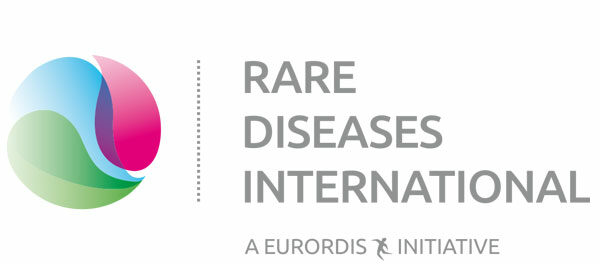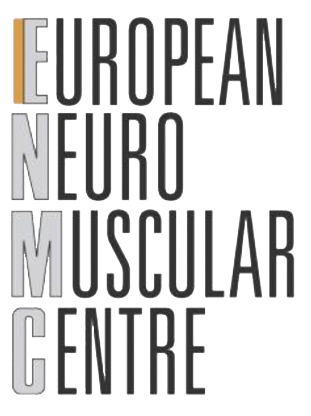From Data Silos to FAIR Solutions: The Duchenne Community Leads the Way
World Duchenne Organization Announces New Milestones in Making DMD/BMD Data FAIR
Veenendaal, 6th October 2025: The World Duchenne Organization, together with the Duchenne Parent Project Netherlands and the Duchenne Data Foundation, today announced that The Journal of Neuromuscular Diseases has published a new article (October 1, 2025) titled “The FAIR Journey of a Patient-Driven Registry: Reflections and Practical Solutions from the Duchenne Data Platform FAIRification Experience.” This Research Article shows significant progress in implementing the FAIR Guiding Principles in practice. Through a groundbreaking initiative to “FAIRify” the Duchenne Data Platform (DDP), the project has demonstrated that fragmented rare disease data can be made interoperable, machine-readable, and reusable — all while preserving patient privacy.
Duchenne muscular dystrophy (DMD) is a rare, genetic condition that causes progressive muscle degeneration and weakness, affecting approximately 1 in 5,000 newborn boys. Becker muscular dystrophy (BMD) is a milder form of the disease. For years, efforts to improve care and develop new therapies have been slowed by the fragmentation and inaccessibility of patient data scattered across unconnected systems and registries.
Since 2018, the World Duchenne Organization and its partners have championed efforts to overcome these barriers by promoting adoption of the FAIR data principles — ensuring that data are Findable, Accessible, Interoperable, and Reusable. These principles help researchers, clinicians, and patients benefit from shared knowledge while keeping data secure and respecting individual privacy.
“Our vision is a future where every piece of Duchenne data can contribute to improving care and accelerating research — without compromising privacy,” said Elizabeth Vroom, Chair of the World Duchenne Organization. “FAIRification of the Duchenne Data Platform shows that this future is within reach.”
The FAIRification of the DDP began in 2021 in collaboration with experts from Radboud university medical center Nijmegen, Leiden University Medical Center, FAIR Data Systems (Madrid), and the European Joint Programme on Rare Diseases (EJP-RD, now ERDERA). The project transformed the DDP — a patient-driven registry launched in 2019 — into one of the most FAIR-compliant rare disease data platforms in the world. In an automated assessment, the DDP achieved a score of 20 out of 22 points for FAIRness, the highest ever recorded at the time.
Importantly, the project also introduced a privacy-preserving “data visiting” model, where data remain securely within their local registry environments. Researchers can query distributed datasets using approved algorithms, but no identifiable information ever leaves the registry. This allows for federated analyses that maintain data protection while supporting evidence generation for research, clinical trials, and regulatory decision-making.
In 2023, a proof-of-concept demonstrated successful federated data analysis across five independent neuromuscular registries — including the Duchenne Data Platform, the EURO-NMD registry, and national databases from the Netherlands, France, and Germany. This achievement marks a critical step toward a federated research infrastructure for rare diseases in Europe and beyond.
“The FAIRification of the Duchenne Data Platform is a proof that interoperability and privacy can coexist,” said Mark Wilkinson from FAIR Data Systems. “By adopting the FAIR principles, data can ‘talk to each other’ without human intervention, inside of the privacy-protected space— enabling new insights and collaborations that were previously impossible.”
The project’s findings emphasize that FAIR is not a fixed standard but a set of guiding principles that must be adapted to each registry’s purpose and context. The Duchenne team has published its methodologies, workflows, and open-source software tools to help other patient organizations undertake their own FAIRification journeys.
Despite these advances, the Duchenne community’s FAIR journey is “at a crossroads.” Scaling up FAIR implementation across other DMD/BMD and rare disease registries is essential to overcome data fragmentation globally.
The World Duchenne Organization urges patient groups, clinicians, and policymakers to take action:
- Educate teams on FAIR principles and available training.
- Identify barriers and address misconceptions about FAIR data use.
- Engage FAIR experts for guidance and collaboration.
- Leverage open-source tools developed by the DDP FAIR project.
- Align with European FAIR initiatives, including the European Open Science Cloud, and the European Health Data Space.
“FAIR is not just about technology,” said Prof. Peter-Bram ‘t Hoen from Radboudumc. “It’s about its capacity to enhance the quality, transparency, and reusability of data in ways that directly benefit patient outcomes, scientific discovery, and building a future where data truly serve the people behind them.”
The World Duchenne Organization invites other patient-led and clinical registries worldwide to join this initiative and help realise the shared goal of a global, interoperable data ecosystem for Duchenne and other rare diseases.
The full article is available here
About Duchenne Muscular Dystrophy (DMD)
DMD is a rare genetic disorder caused by mutations in the dystrophin gene, leading to progressive muscle weakness and loss of mobility. It primarily affects boys, with symptoms appearing in early childhood. Becker muscular dystrophy (BMD) is a milder form of the condition, resulting from partial dystrophin functionality.
About the World Duchenne Organization
The World Duchenne Organization is a global umbrella organization connecting national patient advocacy groups for Duchenne and Becker muscular dystrophy. Its mission is to improve the lives of all people living with DMD/BMD by fostering collaboration, sharing knowledge, and supporting research and policy initiatives that promote equitable access to care and innovation.
Media Contact
Nawel Lalout
World Duchenne Organization and Radboudumc
